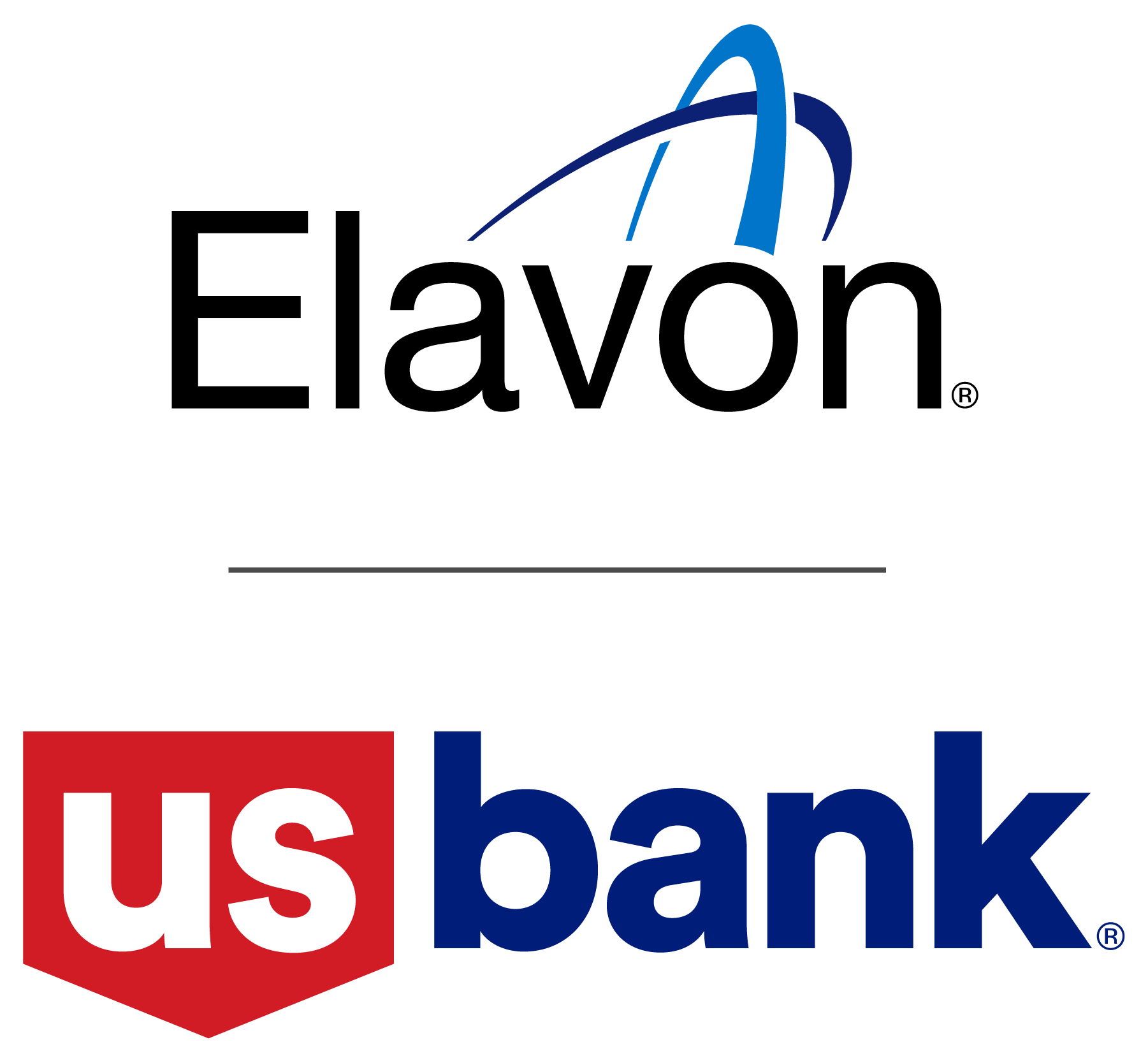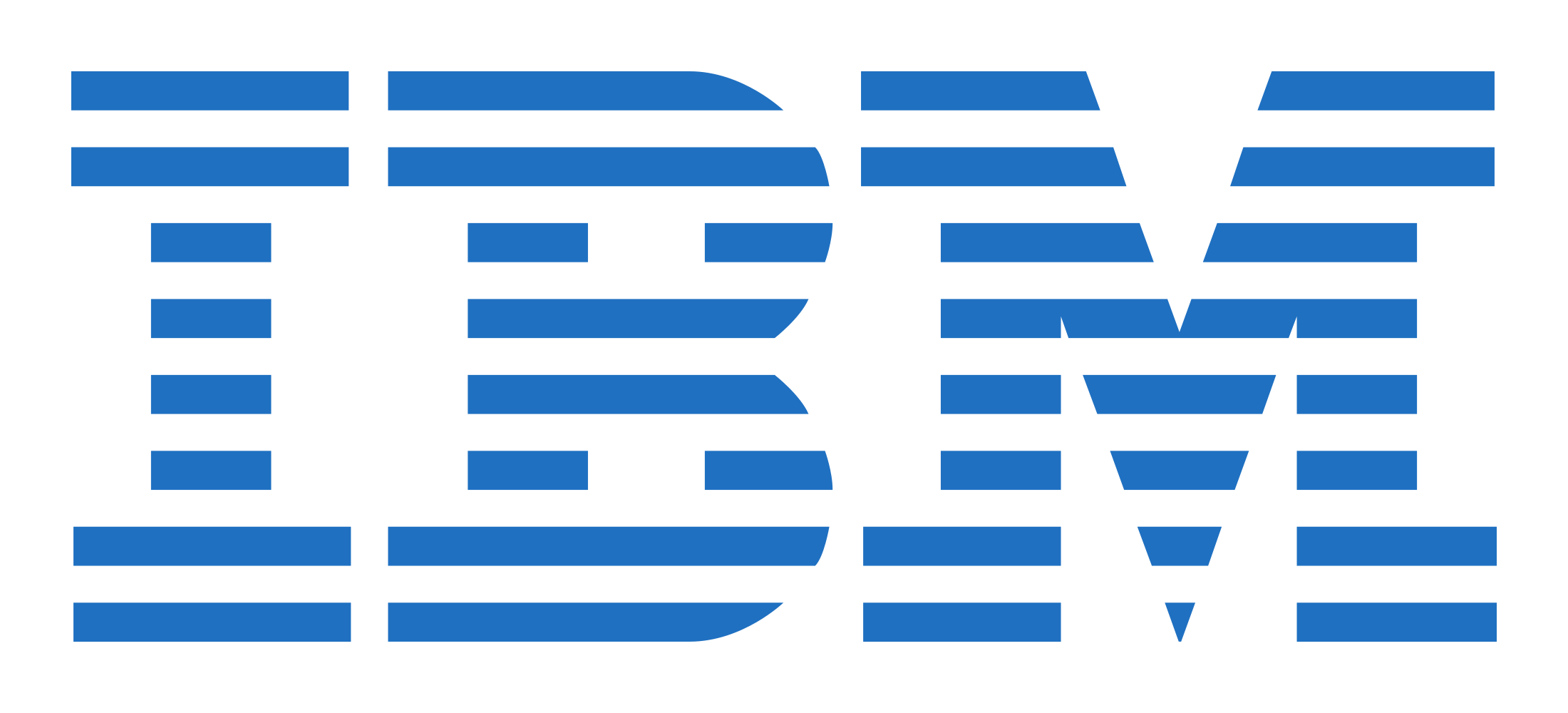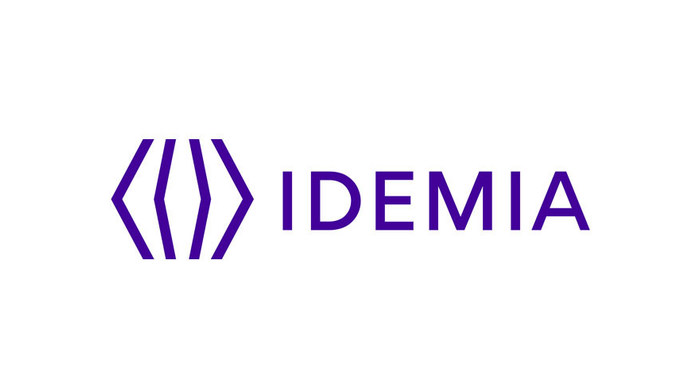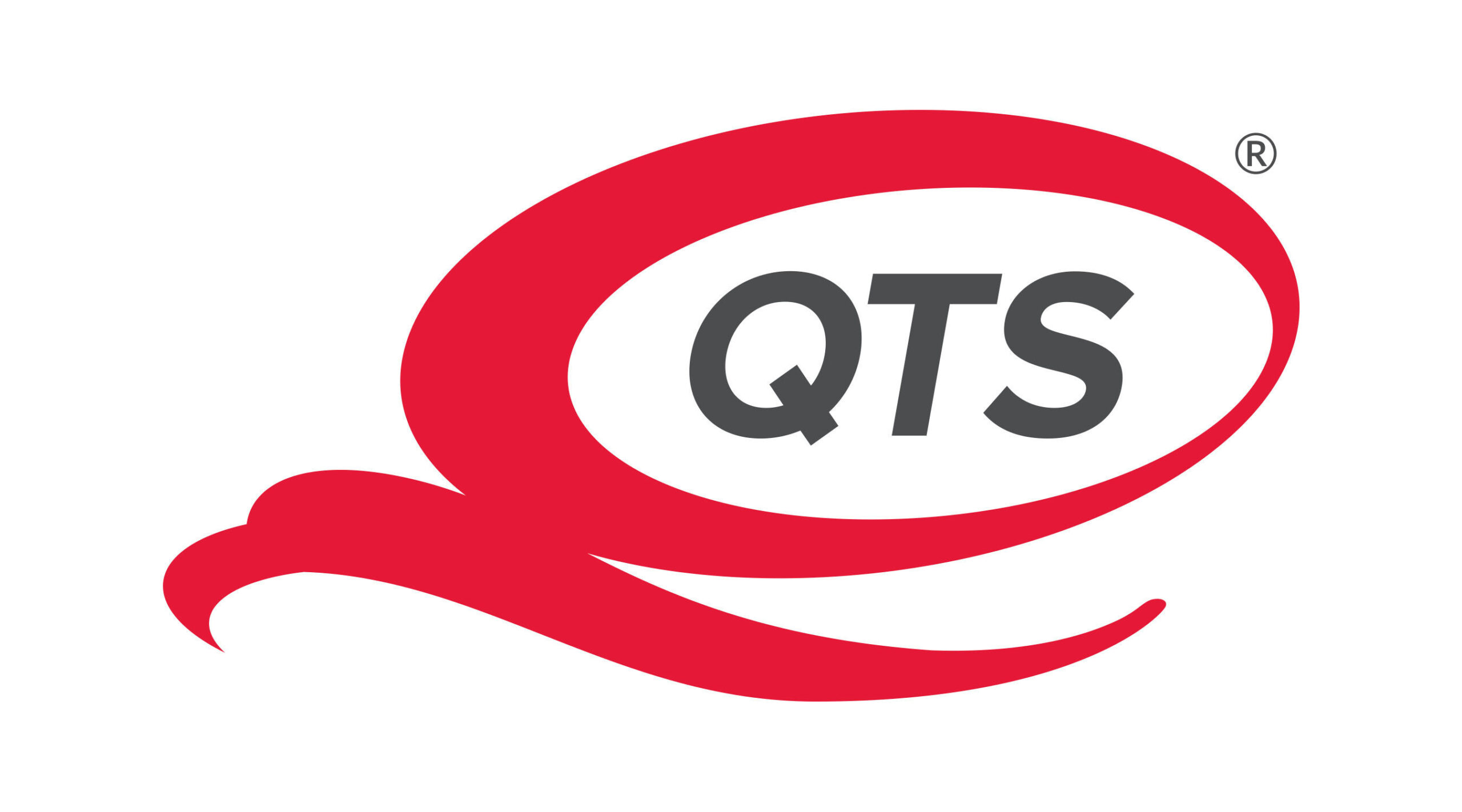ROSWELL, Ga. (February 12, 2020) – The Computer Museum of America, a new museum located north of Atlanta, is planning to unveil a fully restored, operational Enigma machine. The World War II-era cipher computer was made famous in the 2014 film The Imitation Game about revolutionary code breaking work by Alan Turing (played by Benedict Cumberbatch).
The Computer Museum of America (CMoA) will host a special opening event on Thursday, March 19 at 6 p.m. to mark the first public viewing of this Enigma machine in Georgia. Ticketed guests will have the rare opportunity to slip on a white glove and use the machine before it goes on exhibit at CMoA.
Several dignitaries and notable guests will attend the event, including British Consul General in Atlanta Andrew Staunton. Staunton has been in Atlanta since June 2018 and is the senior United Kingdom government representative in the Southeast whose responsibilities, among others, include working to promote U.K.-U.S. trade and investment, and building scientific and research cooperation.
Kristie Macrakis, Ph.D., historian and Georgia Tech professor, will deliver a keynote address on the history of the Enigma and the breaking of the code. Her expertise focuses on the intersection of espionage history and the history of technology. Dr. Macrakis is the author or editor of five books which have been translated into multiple languages and is currently completing a book tentatively titled: Techno-Spy Empire: How American’s Love Affair with Technology Created a Global Espionage Power.
“We are excited to introduce our Enigma machine and launch our newest exhibit,” said Lonnie Mimms, Computer Museum of America’s founder and chairman of the board. “Not only is our machine fully restored, we know exactly where it came from because we have the paperwork showing the purchase order written in Berlin nearly 84 years to the day prior to our upcoming event. This makes our Enigma an incredibly valuable piece of history and we are delighted to share our enthusiasm about this artifact with Atlanta and the country.”
The Enigma machine going on display at CMoA was purchased on March 7, 1936 by the German army according to the original papers from the company which produced the Enigma, Heimsoeth and Rinke, an encoding machine company in Berlin. Mimms acquired the machine in 2019. About 40,000 Enigma machines were produced in total and less than 300 are believed to remain today in various working conditions.
Early during World War I, the Allies broke coded messages with increasing regularity, so it was paramount to the Germans to drastically improve their encryption capabilities. As World War I was concluding, German engineer Arthur Scherbius invented the Enigma, the world’s first electromechanical encryption device. It was used to encode and decode secret messages for commercial and governmental bodies of several nations, including Germany’s Nazi party during World War II. It was believed to be unbreakable at the time, until Turing and his team at Bletchley Park cracked the code. Some experts believe this incredible feat shortened World War II by as much as two years. This year, 2020, marks the 75th anniversary of the end of that conflict.
Advance tickets for the 6 p.m. event on Thursday, March 19 are $15 for CMoA members and $25 for non-members. In addition to Dr. Macrakis speaking, the evening includes light appetizers and CMoA tours. For information and tickets, visit www.ComputerMuseumOfAmerica.org or email info@computermuseumofamerica.org




































